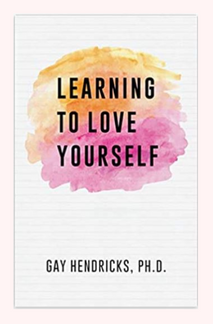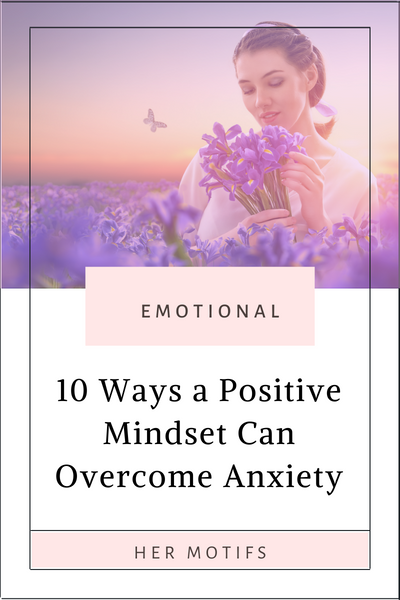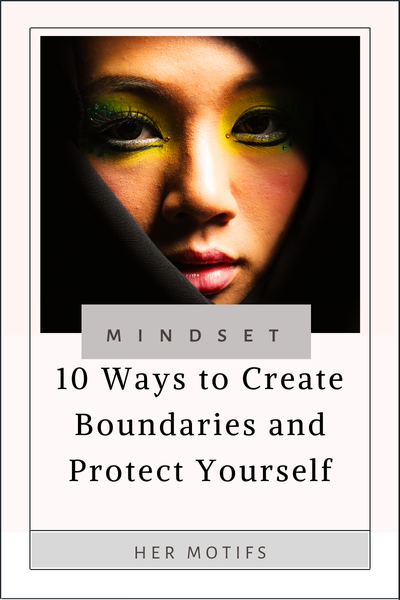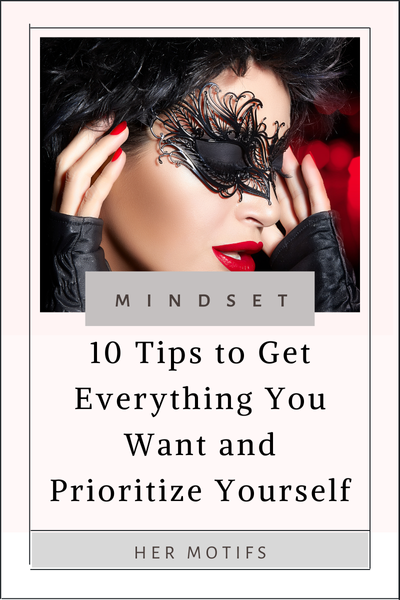10 Reasons Why Being a “Nice Girl” Isn’t Always So Nice
Why Being a “Nice Girl” Isn’t Always So Nice, it truly time set boundaries and be firm on your principles. Ever been told you’re “too nice”? Maybe you’ve heard it from friends, family, or even in the workplace. It sounds like a compliment, right? But here’s the thing—being the “nice girl” isn’t always all it’s cracked up to be. Sure, kindness is a beautiful trait, but when it’s taken to the extreme, it can actually backfire. Today, we’re diving into the darker side of being a “nice girl” and why it’s important to balance kindness with self-respect.
.
Table of Contents
Tools to Become an Over Achiever
Being a “nice girl” often means putting others’ needs before your own, which can lead to feeling overlooked, undervalued, and even taken advantage of. While kindness is a strength, always being agreeable can prevent you from setting boundaries, expressing your true feelings, and pursuing your own goals.
.
 Become Bullet Proof
Become Bullet Proof
This book is a MUST READ to anyone that is looking for self development Our emotions play a vital part, as protective shield or a display of fear.
- How we fear
- Harnessing Fear
- Mental Armor
- Mental Resilience
- Be your own shift agent
- The Secret Service Mindset
.
 Master Your Emotions
Master Your Emotions
This book showcases how to best deal, process and release negative emotions It gives you the power to navigate negative emotions.
- Over 100,ooo copies sold
- 31 simple coping strategies
- A formula to reprogram your mind
- How to make your emotions work FOR you.
- A free downloadable workbook, and much, much more!
.
You are beautifully and wonderfully made, just the way you are, never stop loving yourself
- How to Love Yourself Abundantly
- How to Love Your Feelings
- How to Love Your Body
- How to Clear Your Mind
.
This little gem has over 100 Self Love / Mindfulness Cards that will inspire you
- Has Simple Self Care Activities
- Easy to Accomplish Tasks of self love and self care
- Gives You Fresh Ideas, self care tips and routines
- 3 categories to choose ideas from : Life, Love, and Laughter.
.
.
1. You Become a People-Pleaser
Let’s start with one of the biggest downsides of being too nice: the tendency to please others at your own expense. Ever found yourself saying “yes” when you really wanted to say “no”? That’s the people-pleaser in you talking. Constantly putting others’ needs before your own can leave you feeling drained, stressed, and even resentful. Usually, if you would end up feeling a empty and angry toward yourself. The best time action is to learn how to set boundaries for yourself.
.
2. You Sacrifice Your Own Happiness
Being the “nice girl” often means putting others first. While that sounds noble, it can also mean you end up neglecting your own happiness. Maybe you agree to do things that don’t excite you or stay in situations that make you miserable just to keep the peace.
Think About It: Have you ever gone along with plans you hated just to avoid upsetting someone? I’ve been there. And trust me, it’s not worth it. Your happiness matters just as much as anyone else’s.
.
3. You Get Taken for Granted
Here’s the harsh truth—when you’re always nice, people start to expect it. They might take your kindness for granted, assuming you’ll always be there to help, support, or accommodate them, no matter what. Knowing about your self worth can truly, help you with this scenario, this will allow you to send boundaries of what you are okay with.
Pro Tip: You teach people how to treat you, what you tolerant, passively becomes what you accept.
.
4. You Ignore Your Own Needs
When you’re focused on being nice, your own needs often get pushed to the back burner. Whether it’s your emotional, physical, or mental well-being, you might find yourself neglecting what you need in favor of making others comfortable.
Lesson Learned: I used to skip meals, lose sleep, and even cancel plans just to accommodate others. It took a toll on my health, and I learned the hard way that you can’t pour from an empty cup.
.
5. You Struggle with Assertiveness
Nice girls often shy away from confrontation. Speaking up for yourself can feel uncomfortable, or worse, you might fear it’ll make you seem “mean.” But the inability to assert yourself can lead to being overlooked, undervalued, or even disrespected.
Quick Tip: Start with small steps. Practice saying “no” to little things, and build your confidence. It’s empowering to stand up for yourself, and it doesn’t make you any less nice. The BEST way is to first to start building your self confidence, as this will start to build your self esteem.
.
6. You Attract Toxic Relationships
Unfortunately, being overly nice can make you a magnet for toxic people. Manipulators, narcissists, and users often prey on kind-hearted individuals because they know they can push boundaries without much resistance. One of the most important aspect, is having standards when it comes to your relationships
Pro Tip: For healthy relationships, you need to have boundaries, respect and truly understanding of the foundation of your relationship. One way to start creating boundaries is learning how to communicate effectively.
.
7. You Suppress Your True Feelings
One of the hidden costs of always being nice is the tendency to suppress your true feelings. This often happens because you want to avoid conflict, keep the peace, or maintain a positive image. You might find yourself smiling through situations that genuinely upset you, agreeing to things you’re not comfortable with, or staying silent when something deeply bothers you.
But here’s the thing: when you constantly push down your emotions, they don’t just disappear. They linger, simmering beneath the surface, and eventually, they can lead to a buildup of frustration, resentment, and even anger. Over time, this emotional suppression can lead to burnout, where you feel drained, overwhelmed, and disconnected from your own needs and desires.
Pro Tip: Finding ways to unleash your potential can truly boost your confidence, and learn how to express your feelings.
.
8. You Miss Out on Opportunities
Being nice often means avoiding risks or stepping out of your comfort zone. You might say “no” to opportunities because you don’t want to impose or because you’re afraid of failing, missing out on growth and success in the process. Over time, this pattern can hold you back from achieving your full potential, as you might choose to stay in your comfort zone rather than challenge yourself.
By always prioritizing others’ needs and opinions over your own, you may miss out on valuable experiences that could lead to personal and professional growth. It’s important to remember that seizing opportunities and drastically achieving success often requires courage and a willingness to embrace uncertainty, even if it means stepping on a few toes along the way.
.
9. You Can Lose Your Sense of Self
When your identity is wrapped up in being nice, you might find yourself losing touch with who you really are. Over time, you might start to wonder—who am I when I’m not pleasing others? Constantly adapting to meet others’ expectations can blur the lines between your true self and the version of you that you present to the world. This can lead to feelings of emptiness or confusion about your own desires, values, and goals.
Eventually, you may find it challenging to make decisions that reflect your true self, as the habit of prioritizing others’ needs over your own becomes deeply ingrained. Reconnecting with your authentic self is crucial for living a life that is true to who you are, rather than a life dictated by the need to be liked by everyone.
.
10. You Risk Burnout
Finally, constantly being nice can lead to burnout. When you’re always putting others first, never setting boundaries, and ignoring your own needs, it’s only a matter of time before you hit a wall. And trust me, burnout isn’t pretty. It can leave you feeling physically and emotionally exhausted, making it difficult to find joy or motivation in things you once loved.
Over time, this relentless cycle of giving without replenishing your own energy can lead to chronic stress, anxiety, and even depression, leaving you with little to give to anyone—including yourself. To avoid burnout, it’s essential to prioritize self-care and recognize when it’s time to step back and recharge..
.
Conclusion
Don’t let the “nice girl” label define you. Embrace your kindness, but don’t be afraid to stand up for yourself, say “no,” and take care of your own needs. After all, you can’t be truly kind to others if you’re not kind to yourself first.
Being kind is a strength, but there’s a difference between being kind and being “nice.” Kindness comes from a place of genuine care and compassion, but it doesn’t mean sacrificing yourself. It’s about setting healthy boundaries, being assertive, and knowing when to put your own needs first.
- 100 Valentine Lovers Questions - February 24, 2025
- 2025 New Year Growth Quotes - February 24, 2025
- 2025 Inspiring Self Love Quotes - February 24, 2025









